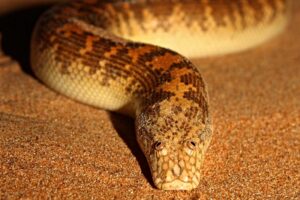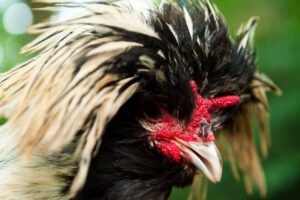Honeybees have been on the decline for the last half century and their numbers have declined worldwide.
In the last ten years, there have been frequent stories from beekeepers about the increased death rate of flies in farms.
Now a new research report from the University of Maryland in the USA shows that the lifespan of bees has shortened by 50% since the 1970s.
Hereditary problems
Most previous research has focused on environmental factors such as parasites, pesticides, disease or foraging opportunities. However, the scientists at the University of Maryland set out to investigate how long the bees could live under ideal conditions in a laboratory.
They collected the pupae of worker bees, less than 24 hours old, to check how long they lived without external influences.
The bees were placed in specially built shelters and fed with different water, such as tap water, demineralized water and sugar water. But the type of water did not affect the age of the flies.
The scientists were surprised that the flies did not live anymore or at least as long as in a study done at the turn of the century.
Half as likely
The group now searched further back in time and found a similar study that began in 1969. Based on that, the conclusion was that the life span of the bees had been cut in half.
Research from the 1970s showed that the average lifespan was then 34.4 days, but now it is down to 17.7 days.
But if food and environment do not have an effect, what is the reason?
Because the bees were captured in their pupal stage, they were able to rule out external influences such as pesticides and food shortages. The reason had to be sought in something that happened before the pupae were taken.
Since longevity is not determined by environmental influences, the researchers believe that the reason lies in the genome.
Although the research of the scientists was carried out in a closed space, the results agree well with the accounts of beekeepers in the United States who say that 30-40% of their beehives have declined in the last 14 years.
The scientists believe the genetic effect is due to beekeepers replacing their flies faster than before.
It is normal for beekeepers to bring in a new population when the old bees grow old and die, but this happens more and more quickly in recent times in the context of the fact that the bees do not reach the same age as before.
Thus, it seems that beekeepers themselves have started a vicious cycle.
Genome changes are caused by bees being replaced earlier than needed, and breeders are replacing them more often due to shorter lifespans.
More research should now determine whether this tendency could be the same all over the world and whether it is actually possible to connect genetic changes with more frequent exchanges.









